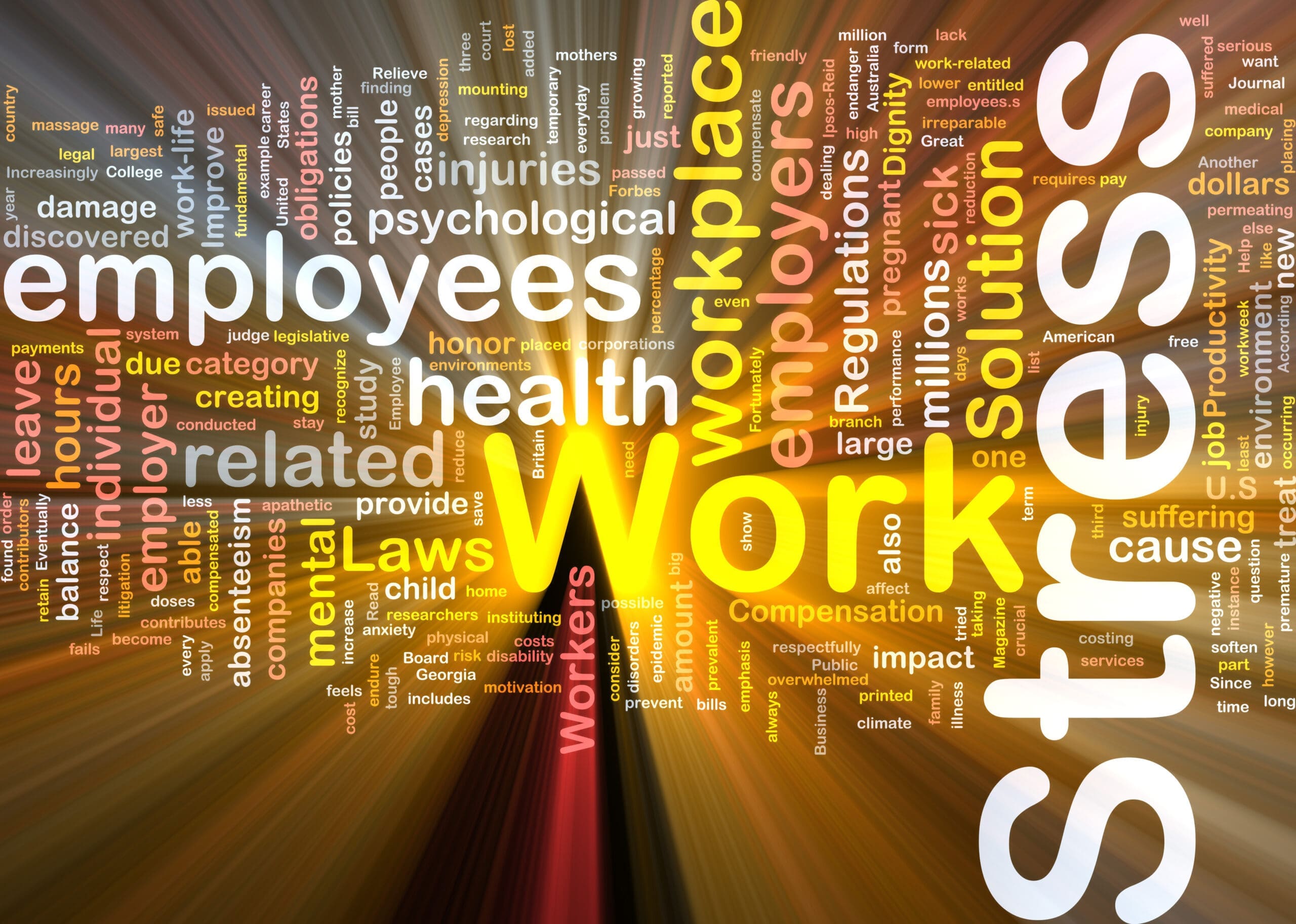 Wednesday, 7th June 2023
Wednesday, 7th June 2023Record Levels of Long‑Term Sickness as Acas Issues New Advice on Work Stress Management
With mental health conditions contributing to record levels of staff sickness, ACAS’ recent guidance on preventing and managing mental health issues at work is well-timed and necessary
The Office for National Statistics (ONS) has published their overview for May 2023, revealing an increase and now record levels of individuals not currently working due to long-term sickness. While the ONS has attributed the increase in inactivity due to back and neck pain (possibly due to working from home conditions) and post-viral fatigue (a possible impact of long Covid), significantly the ONS reported an increase in mental health conditions.
In a timely development which preceded the ONS’ May 2023 release, ACAS (the Advisory, Conciliation and Arbitration Service for employers and employees) issued new advice to employers on managing stress. This guidance, which is non-binding, was prompted by an ACAS commissioned YouGov poll on workplace stress, in which 33% of workers surveyed felt that their organisation was not effective at managing work-related stress and 63% felt stressed due to rising living costs.
How can employers identify causes and signs stress?
The guidance provides employers with direction in managing work-related mental health, initially setting out the potential causes of stress that individuals may experience both at and outside work and signs of stress that managers should look out for among their employees. It prompts managers to have an informal chat with the individual to better understand how they are feeling should these indicators be spotted and helpfully suggests that employees could be encouraged to complete a ‘Wellness Action Plan’. This would assist individuals becoming more mindful of their own mental wellbeing and promote conversation with and support from their manager.
What are employers’ legal obligations in this area?
The guidance continues to set out the legal framework of work-related stress (which is covered in the Health and Safety at Work Act 1974 and the Management of Health and Safety at Work Regulations 1999). Employers have legal obligations to identify any risks to their employees’ health via a risk assessment. The guidance provides further explanation on how to carry out risk assessments effectively, and following this, employers would need to take measures to prevent or reduce work-related stress.
What support can employers provide?
To support employees suffering from work-related stress, employers should be sensitive and supportive in talking with such individuals, while maintaining confidentiality unless good reason not to is of upmost importance. For staff who are absent from work due to stress, the guidance explains the benefits of keeping in touch with employees and how to support them in a return to work through meetings, adjustments and action plans.
How can employers prevent work-related stress?
It is advised that employers have a clear policy on mental health and the guidance suggests a number of steps targeted at preventing work-related stress in the first place. However, the overriding take away from the release is the importance of support from employers and the encouragement of open dialogue between employers and employees in this area and removing the barriers and stigma around mental health, which Mental Health Awareness Week promotes so well year on year.
If you require further information about anything covered in this briefing, please contact Michael McDonnell, William Gubbins or your usual contact at the firm on +44 (0)20 7526 6000.
This article is for general purpose and guidance only and does not constitute legal advice. It should not replace legal advice tailored to your specific circumstances.

